Spanish renewable energy company Acciona Energía will test the zinc-bromide battery technology developed by Sydney-based company Gelion Technologies at its photovoltaic testing plant in Navarra.
The project is part of the I’mnovation program, which Acciona Energy launched to assess emerging energy storage solutions through collaborations with companies from around the world.
Ten energy storage companies participated in the program and four were selected to test their technologies at Acciona’s facilities, including Gelion. The selected startups will have the opportunity to test their technologies for six months to one year at the 1.2 MW Montes del Cierzo experimental photovoltaic plant at Tudela, Navarra, starting in July 2022.
If the tests with Acciona Energía are successful, Gelion’s Endure battery will form part of the European company’s supplier portfolio as a renewable energy storage provider.
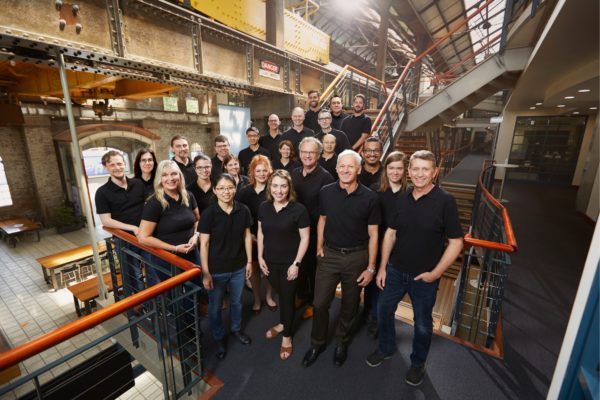
Gelion Technologies
Gelion’s Endure batteries
Gelion is currently in the process of commercialising its zinc-bromide Endure batteries, going public on the London AIM market last year to access capital to accelerate the journey.
In 2021, Gelion pivoted its battery design to a parallel plate lead-acid format to leverage existing battery manufacturing capabilities in Australia, as well as access supply chains as the lead-acid format’s traditional applications wane.
The company’s founder, University of Sydney chemistry professor Thomas Maschmeyer, says the zinc-bromide chemistry and Gelion design has significant advantages over lithium chemistries, particularly with regards to safety.
The company’s electrolyte gel is a fire retardant, meaning its batteries can’t catch fire or explode. They can operate safely at temperatures up to 50°C and can be completely discharged to zero volts with no loss of function, making them “very abuse tolerant”, according to Maschmeyer.
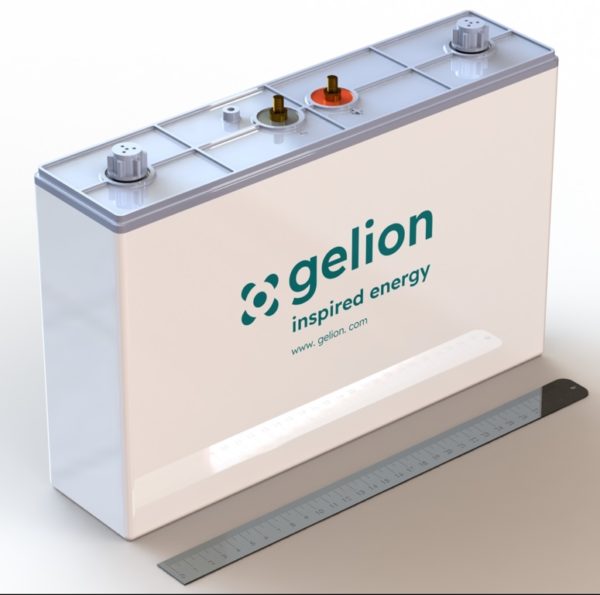
Gelion Technologies
Traditionally, zinc-bromide chemistries have been implemented as flow batteries, which is the path Brisbane-based company Redflow is taking. However, Maschmeyer says the flow battery format has operational and commercial challenges since they can be costly and complex to produce. Thus Gelion’s recent pivot, which it estimates will save millions due to manufacturing ease.
Gelion is targeting a commercial product cost for its Endure batteries of just $100 (USD 68) per kWh, which is remarkably competitive. Obviously, since cost is hugely dependent on volume, the company’s strategy is to tolerate a loss in its first few years while production scales up.
Being selected by Acciona Energía for commercial trialling in Spain will obviously help this process, with professor Maschmeyer describing zinc-bromide chemistry as ideal for solar batteries as it’s relatively slow to charge.
This content is protected by copyright and may not be reused. If you want to cooperate with us and would like to reuse some of our content, please contact: editors@pv-magazine.com.
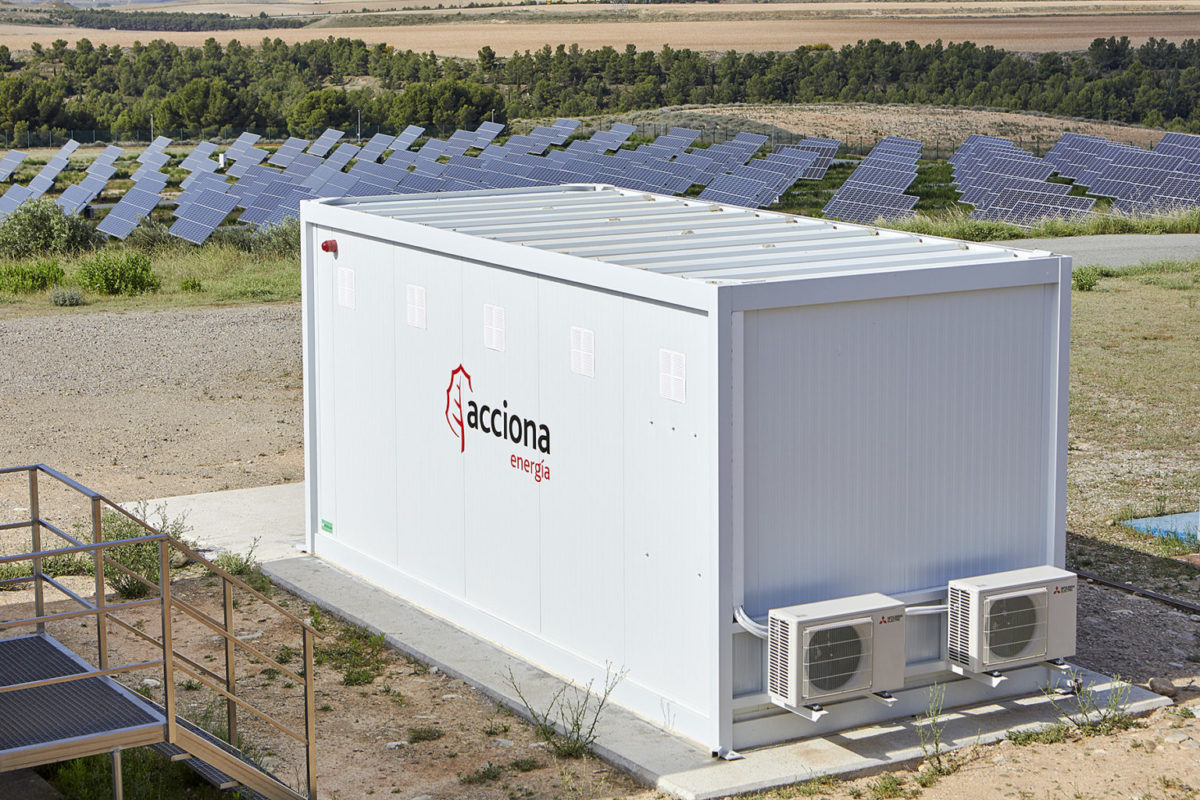
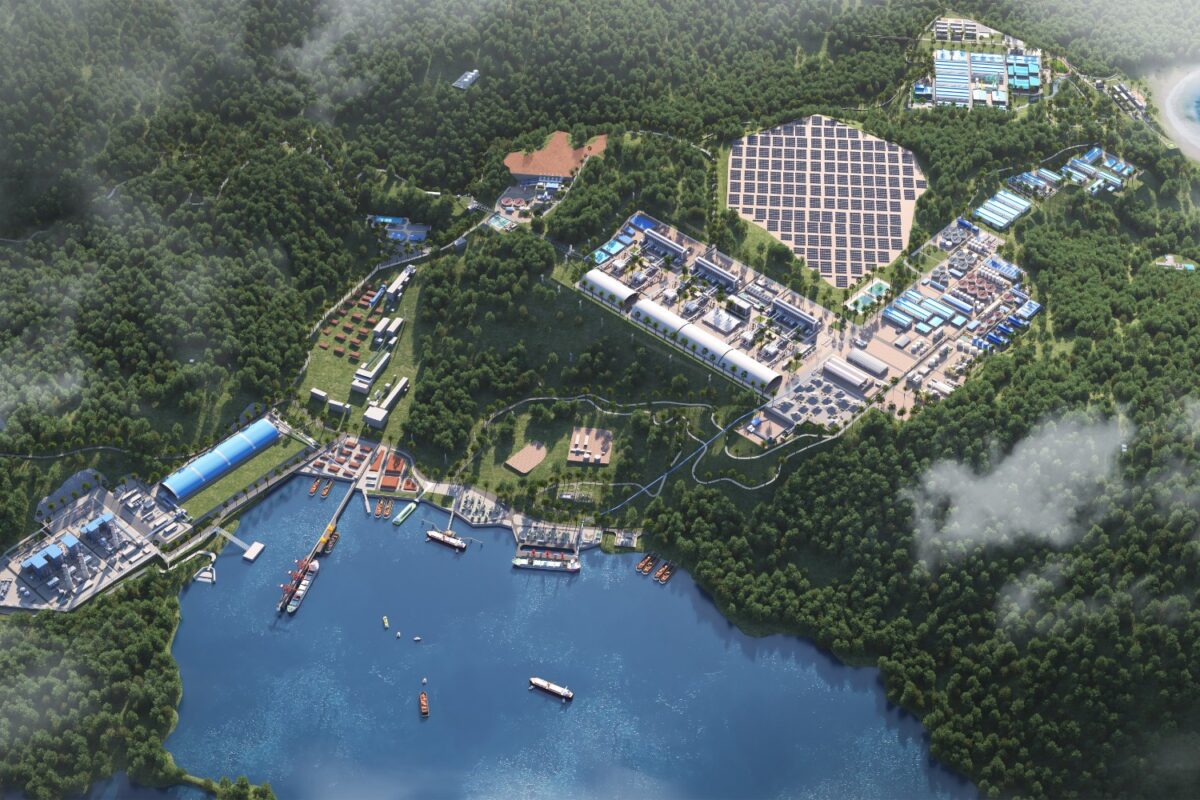

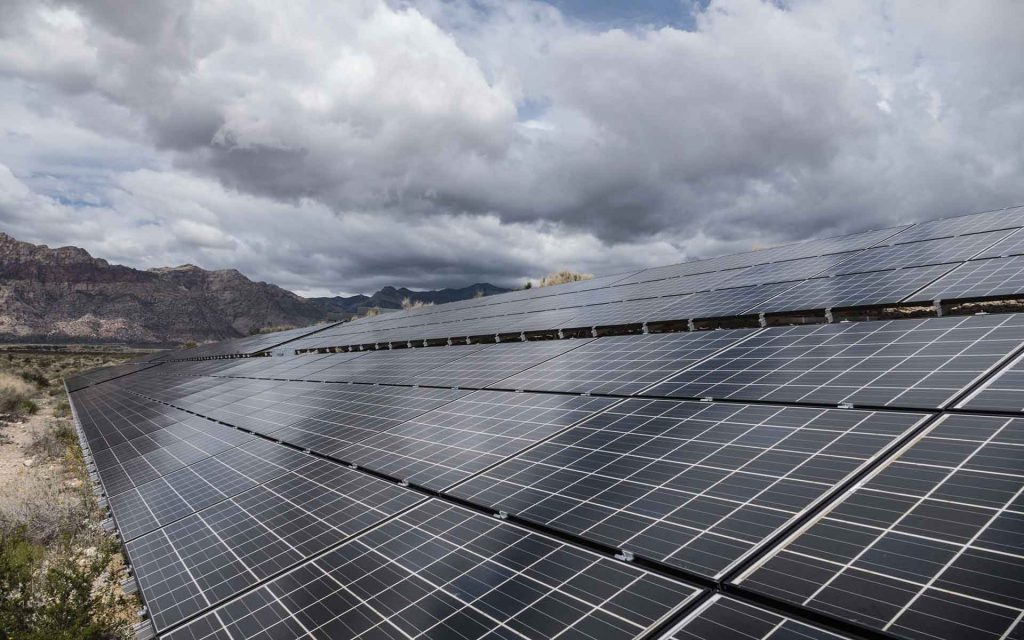






Do you mean US$ of AUS $? Thx..
Hi Dominik, those figures are AUD$. Cheers!